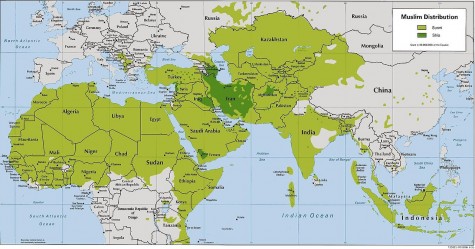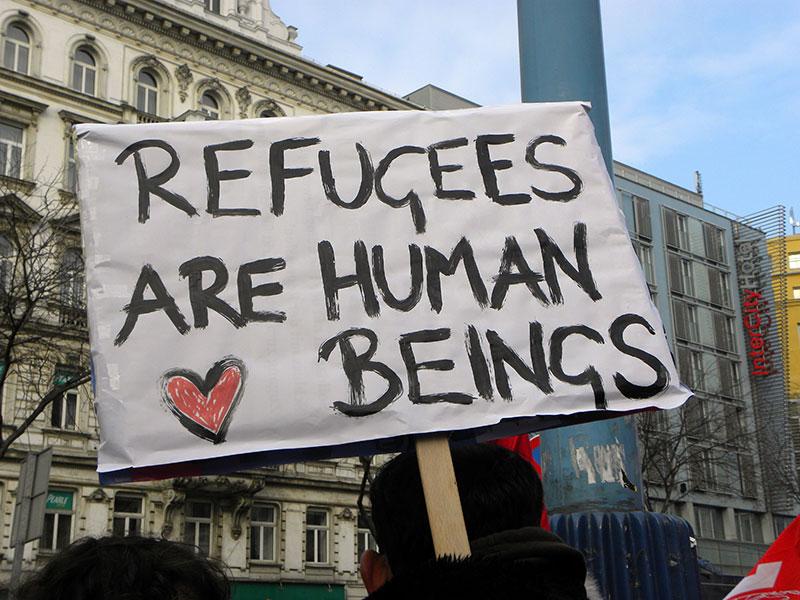The Mess in the Middle East
January 22, 2016
War in the Middle East is something that our current generation has grown accustomed to over an extended period of time. Reports of violence between Sunni-occupied Saudi Arabia and Shi’a-occupied Iran are common news headliners for media outlets such as CNN and NBC. However, with the recent burning of the Saudi Arabian embassy in Iran, it seems that the situation is taking a turn for the worse.
On January 2, Iranian protesters set fire to the Saudi Arabian embassy in Tehran, the capital of Iran. While to some this may just seem like another act of violence, in actuality, it sets the stage for international conflict. There are many ways in which citizens of different countries show their disapproval of current relations with another country, however, attacking an embassy is comparable to a declaration of war. This is exactly what caused the Iranian war with the United States, an attack on our foreign embassy. Shortly after the incident, Kuwait, Qatar, and Sudan all recalled their foreign ambassadors from Iran. With almost all diplomatic ties cut between the leading Sunni and Shi’a countries, the situation in the Middle East hangs in the balance. But the violence is not so one-sided. On the same day as the burning of the embassy, Shi’ite cleric Sheikh Nimr al-Nimr was executed for crimes committed against the Saudi Arabian government. The two sides wage economic war on the other, as both countries recently announced that they would begin boycotting each other’s imports.

Though these two countries are the players in the war, it doesn’t diminish the effect on other countries such as Yemen and Syria, who have been dragged into this bloody conflict. Though mainly Shi’ite, Yemen is surrounded by the Sunni country of Saudi Arabia. Yemen has been in a state of civil war for quite some time now and even with the support of Saudi Arabia, the Shi’ites have been holding out against the consistent Saudi Arabian attacks. For Saudi Arabia, winning over the state of Yemen is an absolute necessity to control Shi’ite influence in the Islamic world. On the other hand, the Sunni country of Syria has been suffering tremendously at the hands their eastern neighbors, Iran. Many of the Sunni Muslims in Syria are being persecuted by the Shi’ites who are invading their country. Thousands of Syrian immigrants flood into the United States every year, seeking shelter from their war-wrought homeland.
Even with the assistance of the United States, Saudi Arabia struggles to hold back the Iranian influence. Thousands of years of religious wars and power shifts have ruled over the area, and relieving their effects will take more than a few peace talks. However, January 21, 2016, the Iranian foreign ambassador apologized on behalf of the Iranian government for their attacks on the Saudi Arabian embassy and says that it is willing to work with Saudi Arabia to reach a compromise. Despite the long-running tensions and continued strife in the area, peace in the Middle East may not be as far away as many believe.

